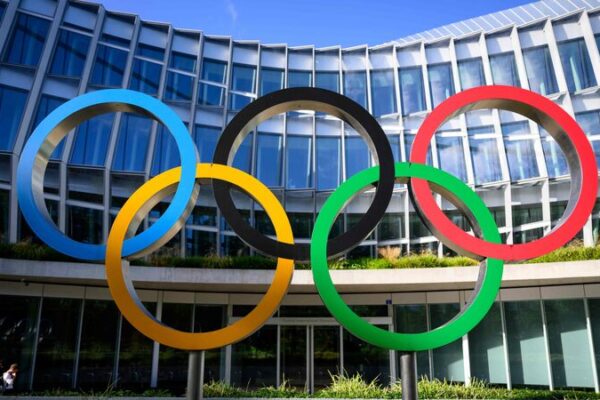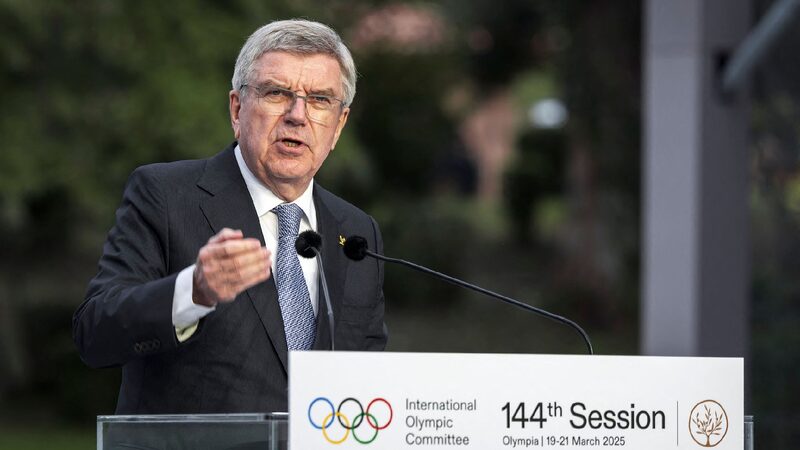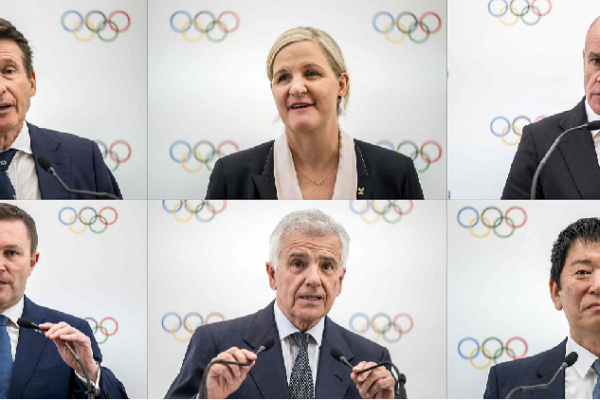The race for the top spot in world sports governance is reaching its climax as members of the International Olympic Committee (IOC) gather in Greece this week to elect a new president. With Thomas Bach stepping down after 12 years at the helm, seven contenders are vying for the prestigious position.
The candidates include International Cycling Union chief David Lappartient, IOC Vice President Juan Antonio Samaranch Jr., World Athletics president Sebastian Coe, Zimbabwe’s former Olympic swimming champion and current Sports Minister Kirsty Coventry, Prince Feisal Al Hussein of Jordan, Federation of International Gymnastics head Morinari Watanabe, and Federation of International Ski and Snowboard president Johan Eliasch.
The election, scheduled for Thursday at a seaside resort near Pylos, will require the winner to secure a majority of the approximately 100 IOC votes. The new president will play a crucial role in shaping the future of global sports, working closely with international sports federations, national Olympic committees, and key sponsors.
One of the immediate challenges facing the next IOC leader is establishing clear guidelines for the participation of transgender athletes in the Olympic Games. The IOC currently allows transgender athletes to compete but relies on individual sports federations to set specific rules. There’s growing pressure to adopt a universal policy that promotes inclusivity while ensuring fair competition.
The new president will also navigate complex international relations, including the status of the Russian Olympic Committee, which has faced sanctions due to geopolitical tensions. Ensuring the integrity and universal appeal of the Games amid such challenges will be paramount.
Financially, the IOC remains strong, having secured $7.3 billion in revenue for the 2025-2028 cycle and $6.2 billion for 2029-2032 through media rights, sponsorships, and other streams. A recent $3 billion extension with NBCUniversal for U.S. Olympic media rights until 2036 underscores the organization’s robust economic position. However, the departure of several sponsors over the past year highlights the need for a refreshed marketing strategy.
The election process may require multiple voting rounds, with the candidate receiving the fewest votes eliminated each time, until one secures a majority. The outcome will set the direction for the Olympic movement in the coming years, influencing everything from athlete participation to global sporting events.
Reference(s):
Race for IOC Presidency enters home stretch with election this week
cgtn.com






